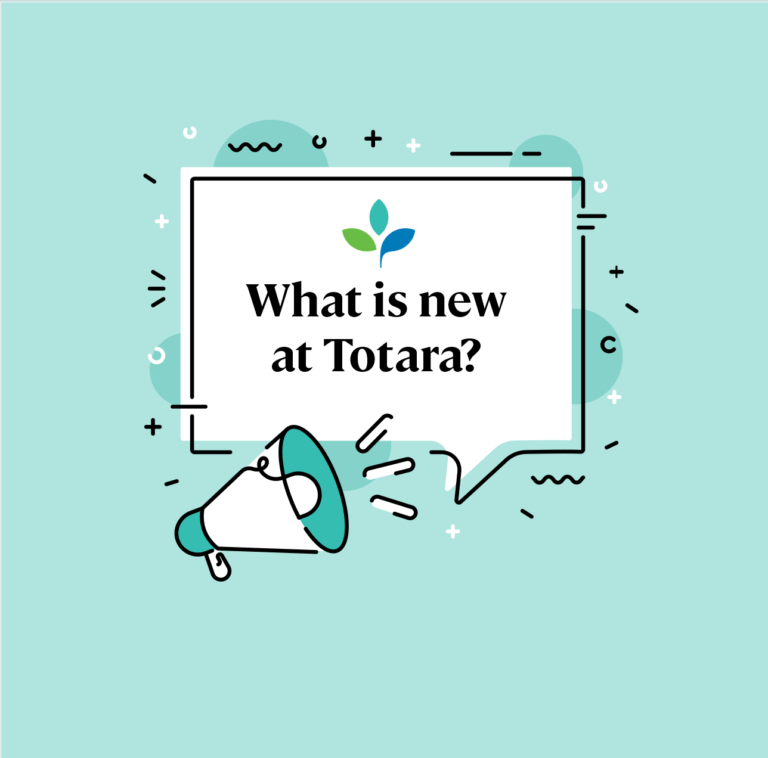As Learning and Development professionals, your role in understanding the digital security measures implemented by your Learning Management System (LMS) provider is not just important—it’s essential. You’re responsible for choosing an LMS that meets your organization’s learning needs and ensures the protection of sensitive data and compliance with regulations.
When evaluating LMS providers, knowledge alone isn’t enough—you need to be proactive. Arm yourself with the insights necessary to make informed decisions that align with your organization’s security requirements and strategic goals. Don’t wait for information to be volunteered—ask for it.
Let’s dive into five crucial questions HR and L&D professionals should ask when assessing LMS vendors. These aren’t just routine checks—they’re core aspects of digital security you need to fully understand: encryption protocols, authentication mechanisms, data privacy policies, continuous monitoring practices, and incident response readiness.
1. What Security Protocols are in Place?
It may seem like an obvious question, but it’s often overlooked when selecting an LMS. Ask your provider to explain the foundational security protocols they’ve implemented. Request details about their encryption standards—for data both in transit and at rest. Robust access controls should be in place to ensure that only authorized personnel can access sensitive information. Don’t forget to ask about backup and recovery procedures to protect against data loss or corruption
2. Is the LMS FedRAMP Authorized?
If you work with sensitive data or within the public sector, FedRAMP (Federal Risk and Authorization Management Program) authorization is critical. This certification indicates that the LMS provider has passed rigorous, federally mandated security assessments.
FedRAMP includes three levels of security:
Low Impact: For cloud services handling publicly available, non-sensitive information.
Moderate Impact: For platforms dealing with sensitive but unclassified (SBU) information, requiring enhanced confidentiality and integrity controls.
High Impact: For environments managing classified or highly sensitive information where breaches could have severe consequences.
Only a few LMS providers meet these strict standards. TotaraGov, for example, is FedRAMP authorized and designed to help agencies deliver secure training while remaining compliant with federal regulations.
3. How is User Authentication Managed?
User authentication is your first line of defense. Ask which methods are used—such as multi-factor authentication (MFA) or single sign-on (SSO). MFA increases protection by requiring users to verify their identity in multiple ways. SSO boosts convenience while maintaining access control. Your LMS should offer both security and a seamless user experience.
4. What Measures are in Place for Data Privacy?
Protecting personal and sensitive data is a non-negotiable. Ask your provider how they ensure data privacy. Look for answers about anonymization, role-based access, and compliance with laws like GDPR and HIPAA. Clear privacy practices help minimize risk and support user trust.
5. How are Continuous Monitoring and Incident Response Handled?
Good security isn’t static—it requires constant vigilance. Ask whether your LMS provider actively monitors for threats in real time, and how they respond to incidents. A well-defined incident response plan minimizes damage and ensures rapid recovery from breaches or vulnerabilities.
By asking these key questions, you’ll strengthen your organization’s defenses against evolving digital threats. Prioritizing security not only protects sensitive data but also builds trust across your workforce and stakeholder network. A proactive approach—combined with the right LMS partner—will help ensure a safe and secure learning environment.
Stay informed. Stay prepared. And make security a pillar of your learning strategy.





